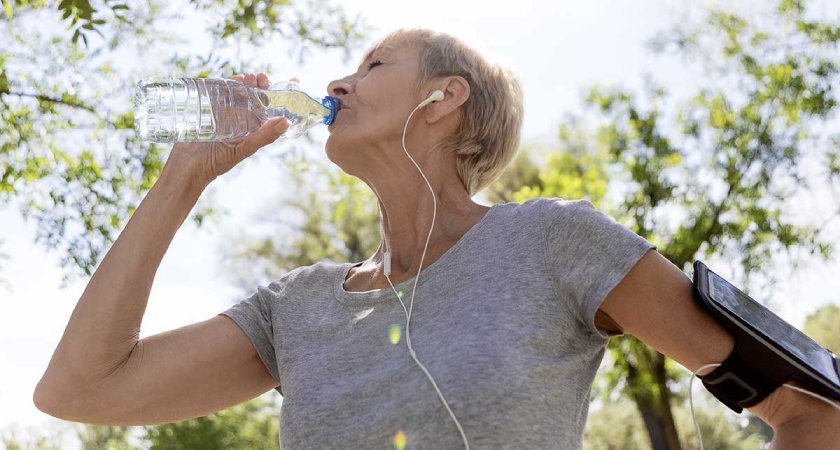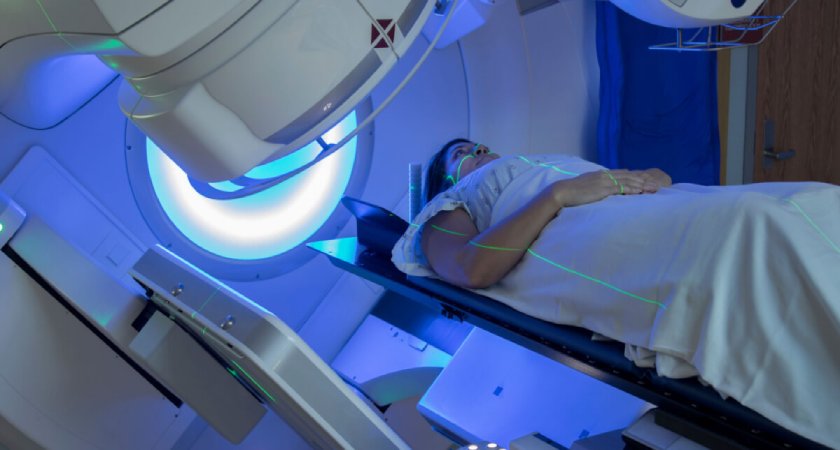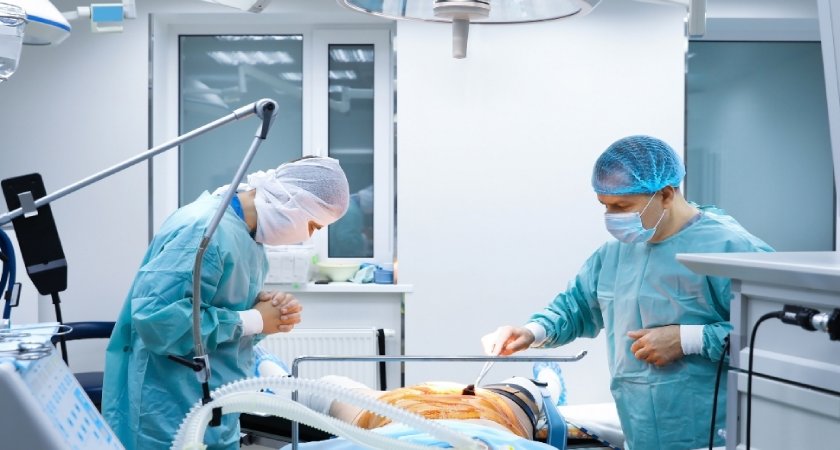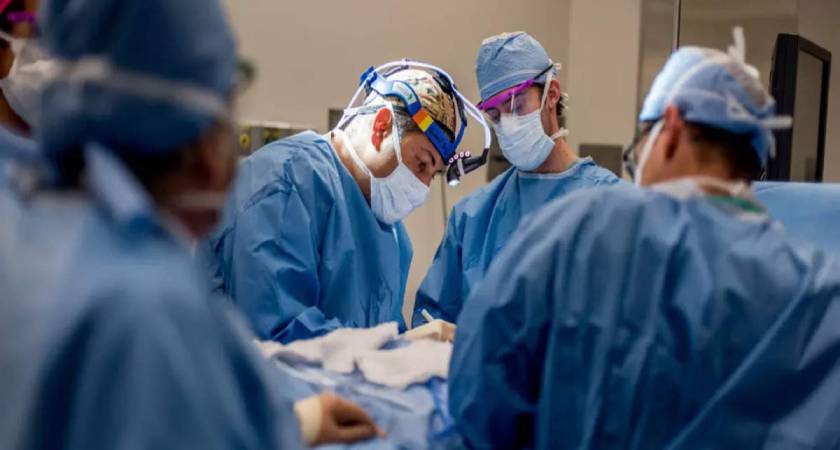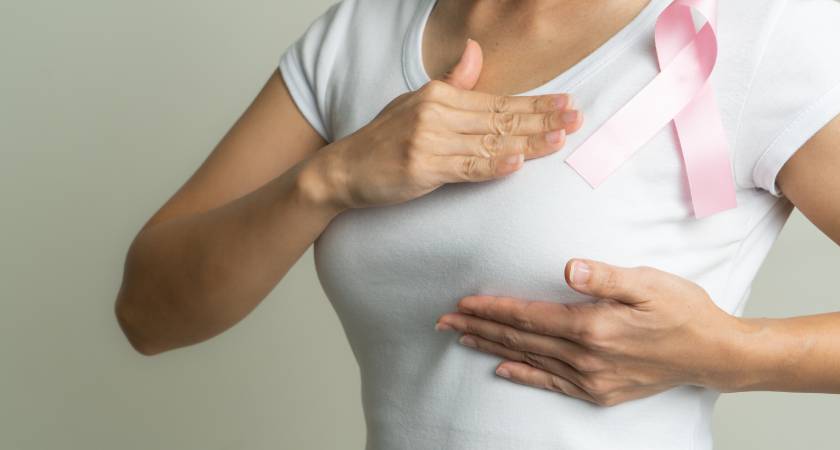Summer in India can be harsh—with rising temperatures, dry winds, and scorching heat. For cancer patients, this weather adds extra challenges. From managing dehydration to protecting sensitive skin during treatment, summer care becomes very important for those undergoing cancer treatment. Whether you or your loved one is dealing with chemotherapy, radiation therapy, or post-surgery recovery, proper summer care can help avoid complications and improve comfort. In this blog, we’ll explore practical and easy tips to help cancer patients stay safe and healthy during the summer season.
Why Summer Can Be Tough for Cancer Patients?
Cancer treatments like chemotherapy and radiation affect the immune system and make the body more sensitive. During summer, the risk of:
- Dehydration
- Skin rashes
- Heatstroke
- Infections
- Fatigue is higher.
Also, side effects like nausea, vomiting, diarrhoea, and low energy levels can get worse in the heat. That’s why personalised summer care is essential.
General Summer Care Tips for Cancer Patients:
Here are some easy-to-follow tips that every cancer patient should follow during summer:
Stay Hydrated:
Drink plenty of water, even if you don’t feel thirsty. Include:
- Coconut water
- Buttermilk (chaas)
- Fresh fruit juices (avoid sugary ones)
- ORS solution if there’s vomiting or diarrhoea
Tip: Keep a water bottle with you at all times. Sip water throughout the day.
Wear Comfortable and Light Clothes:
Opt for:
- Loose-fitting cotton clothes
- Light colours (they reflect heat)
- Breathable fabrics
Avoid tight or synthetic clothes as they can cause skin irritation, especially during radiation therapy.
Avoid Direct Sunlight:
The sun is strongest between 11 AM to 4 PM. Try to:
- Stay indoors during this time
- Use umbrellas, wide-brim hats, or caps when going outside
- Choose shady paths if you need to step out
Use Sunscreen and Moisturiser:
Cancer treatments can make skin dry and sensitive. Use:
- A gentle sunscreen (SPF 30 or above)
- Fragrance-free moisturisers to prevent dryness
- Lip balm with SPF to protect lips
Ask your oncologist before using any new skin products.
Eat Seasonal and Cooling Foods:
Focus on:
- Fresh fruits like watermelon, oranges, papaya, and cucumber
- Vegetables like bottle gourd (lauki), ridge gourd, and spinach
- Light meals like khichdi, daal-rice, curd, and salads
Avoid spicy, oily, and fried food. They increase body heat and may cause digestive issues.
Watch for Signs of Infection:
Due to a weakened immune system, infections are common in cancer patients. During summer, sweating and damp clothes can lead to:
- Fungal infections
- Rashes
- Skin allergies
Change clothes regularly, stay dry, and maintain hygiene. Inform your doctor if you notice redness, itching, or fever.
Take Adequate Rest:
Heat can make fatigue worse. Take short naps during the day, don’t overexert yourself, and listen to your body. Get 7-8 hours of night sleep.
Home Remedies for Cooling the Body Naturally:
- Drink jeera (cumin) water or saunf (fennel) water
- Use aloe vera gel for skin cooling
- Apply cucumber slices on eyes to reduce puffiness
- Bath with lukewarm water instead of hot showers
Consult Your Oncologist:
If you’re undergoing cancer treatment with Dr. Lalit Banswal at PrecisionPlus Superspeciality Hospital in Pune, talk to the team about:
- Safe sunscreens and moisturisers during treatment
- Best foods to eat if you feel nauseous
- How to manage fatigue in summer
Dr. Lalit Banswal, known as the best cancer doctor in Pune, gives personalised guidance to each patient, especially during harsh weather conditions.
Summer Care for Cancer Patients in Pune:
Pune’s temperature in peak summer often crosses 38°C. If you’re living in areas like Undri, Hadapsar, Kondhwa, or Wanowrie, make sure your home:
- Has proper ventilation
- Keeps drinking water easily accessible
- Uses cooling methods like fans, curtains, or air-coolers
Patients in Hadapsar, Pune and surrounding areas can visit PrecisionPlus Superspeciality Hospital to get complete support from the best cancer care team.
Frequently Asked Questions (FAQs):
If you’re not experiencing throat sores or mouth ulcers (common during chemotherapy), small amounts of cold water or homemade cold treats are fine. But always consult your oncologist first.
Try to avoid going out in the peak heat hours. If necessary, step out in early morning or evening. Use sun protection and keep yourself hydrated.
Immediately rest in a cool place, sip ORS or coconut water, and consult your doctor. Dehydration can lead to complications in cancer patients.
Yes, but choose non-irritating, fragrance-free sunscreen. Always confirm with your radiation oncologist before using any topical products.
High fever, dry skin, nausea, confusion, and dizziness are signs of heatstroke. It is an emergency—seek medical help immediately.

